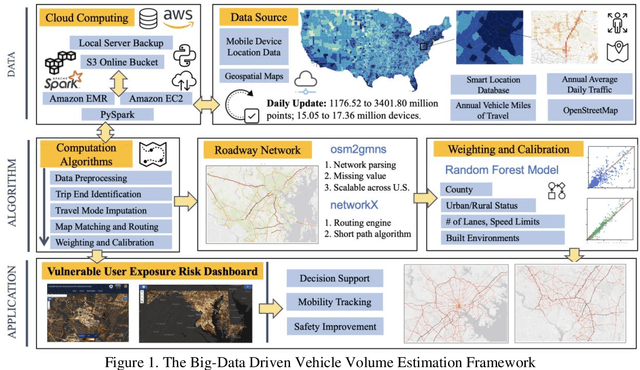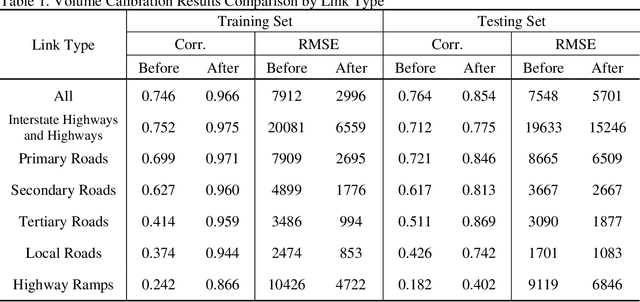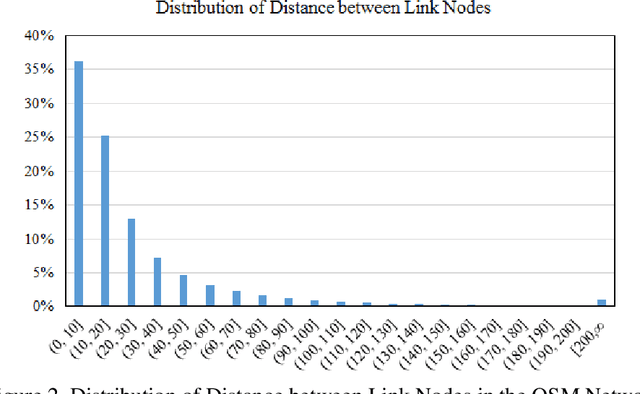A Big-Data Driven Framework to Estimating Vehicle Volume based on Mobile Device Location Data
Paper and Code
Jan 24, 2023



Vehicle volume serves as a critical metric and the fundamental basis for traffic signal control, transportation project prioritization, road maintenance plans and more. Traditional methods of quantifying vehicle volume rely on manual counting, video cameras, and loop detectors at a limited number of locations. These efforts require significant labor and cost for expansions. Researchers and private sector companies have also explored alternative solutions such as probe vehicle data, while still suffering from a low penetration rate. In recent years, along with the technological advancement in mobile sensors and mobile networks, Mobile Device Location Data (MDLD) have been growing dramatically in terms of the spatiotemporal coverage of the population and its mobility. This paper presents a big-data driven framework that can ingest terabytes of MDLD and estimate vehicle volume at a larger geographical area with a larger sample size. The proposed framework first employs a series of cloud-based computational algorithms to extract multimodal trajectories and trip rosters. A scalable map matching and routing algorithm is then applied to snap and route vehicle trajectories to the roadway network. The observed vehicle counts on each roadway segment are weighted and calibrated against ground truth control totals, i.e., Annual Vehicle-Miles of Travel (AVMT), and Annual Average Daily Traffic (AADT). The proposed framework is implemented on the all-street network in the state of Maryland using MDLD for the entire year of 2019. Results indicate that our proposed framework produces reliable vehicle volume estimates and also demonstrate its transferability and the generalization ability.
 Add to Chrome
Add to Chrome Add to Firefox
Add to Firefox Add to Edge
Add to Edge